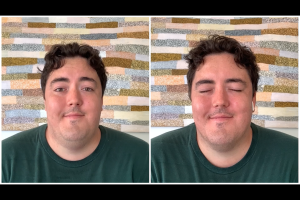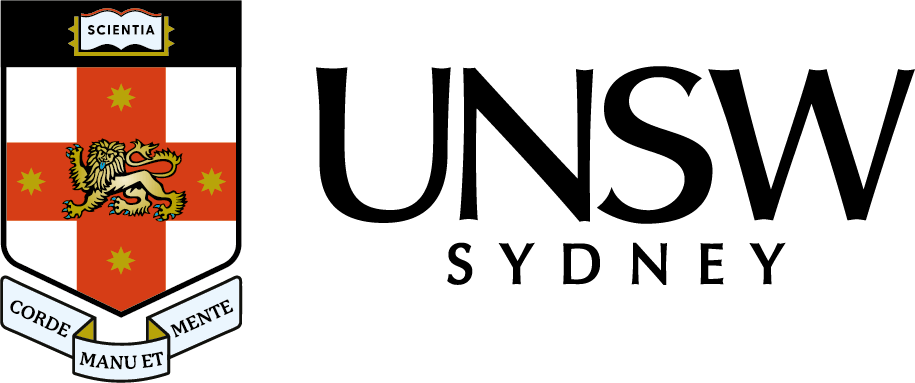Meet Andrew!

With borders closed and concerts cancelled, we’re checking in on our guest musicians from our home office to theirs. We called Bass-Baritone Andrew O'Connor at his home in Perth to see what he is up to.
Transcript
Alex Siegers: Hi again, it’s Alex from the Music Performance Unit. Today I’m giving my good friend, Bass-Baritone Andrew O’Connor a call at his home in Perth. Andrew was scheduled to sing with the Collegium Musicum Choir at their April concert, one of the many concerts which had to be cancelled due to the current COVID-19 pandemic.
Andrew O'Connor: [laughs] Oh just - We’ll just do this again. Umm. Yep.
AOC: Hi my name’s Andrew O’Connor. I’m a freelance Bass-Baritone, normally based in Sydney, but I’ve been back in Perth for about three and a half weeks now while we ride out this while we ride out this COVID situation together.
AOC: I’m a, actually not really listening, or doing much singing at the moment. In the last week, I think that’s changed. I’ve been listening to a lot, a lot of podcasts and doing a lot of reading, catching up, working through the pile that is on my bedside table, which is now sort of six books down. And I’m really engrossed in this podcast The History of Rome and I’m sort of half way through the end of the Julio-Claudian dynasty, and it’s actually quite interesting.
AOC: I think that, to have your normal creative outlet just basically disappear, I think that some people are trying really valiantly, and sometimes really successfully to create online performance environments and similar contexts of continuing to perform even though we can’t participate with our colleagues, who I miss dearly, and with our audiences. To make music on your own is kind of weirdly, it’s at once familiar, because we’re used to being in a practise room and doing our thing, but to not have the outlet for that is an unusual thing as a performer. And you’re right, it’s something I don’t think that anyone in recent memory can actually – has actually lived or experienced. So it’s something that we’re all navigating together.
AOC: I think the most important thing for a singer, obviously, is your own craft, and your own discipline, and your own practice. I find it really helpful to know a little bit more about the broader context for the way that the piece that I might be singing actually fits into a composers output. And I actually spend a lot of time listening to – if I’m doing a song cycle, I might listen to a lot of chamber music by the same composer rather than listening just to song repertoire. I think it’s really important to have a broad context of understanding. And I really enjoy that, even at normal times when I’m still performing, I like to sort of unwind by going to the theatre and seeing other art forms and other crafts do their thing. I think that’s a really important part of developing one’s own artistic identity is understanding how it fits in a broader landscape.
[Sings Musick For A While, Purcell]
